Websites don’t build themselves. They require a considerable investment of energy, expertise, and design know-how to construct and launch. But building a site is only half the story: Websites also have to be hosted on servers, ready for--you hope--the thousands of people who are dying to read your content, hire your firm, or pay for your services.
While hundreds of options are available, this article takes a closer look at some of the big players (along with a few smaller ones). The chart shown here outlines several basic features:
Pricing: What will all of this cost you? All prices are rounded to the nearest dollar, and generally reflect the cheapest long-term contract available. Remember that discounts, promotions, paying up front, and signing up for multiyear contracts can cause these figures to fluctuate considerably.
Catch-all email: Does the host offer a service to route all email sent to any address (whether or not that address has been set up) to a catch-all inbox?
Email autoresponders: Is a service that can automatically respond to incoming email included?
Static IP addresses: Does the site provide static IP addresses (for an additional charge)?
24/7 phone support: Is round-the-clock support available at no charge?
Another chart, on the second page of this article, compares site-building tools and other features for developers.
We chose not to focus heavily on ISP-delivered Web hosting services, since generally you can purchase them only if you use that ISP for your Internet access. However, a basic plan usually comes free with your monthly account, and if your needs are (very) simple, using such a plan beats paying for a separate Web host.
Comcast
Let’s be real: The only reason anyone would host a business website with Comcast or another ISP is because it’s free, included with the price of your Internet service. And with that free service, you get what you pay for: Comcast allows an ultrabasic website with a maximum of three pages, no shopping carts or extra site tools, and just 10MB of storage space and a 100MB data-transfer limit each month. The management interface is spare.
You can upgrade the service plan so that it's competitive with other hosts, but prices escalate exceedingly quickly. Comcast’s most expensive offering, at a stunning $80 added to your bill per month, is in line with the $4 or $5 monthly service plan that you can get from virtually anyone else.
BlueHost
But what BlueHost lacks in friendliness it makes up for in exhaustiveness: With over 75 installation scripts at hand, you can point and click your way to building just about any kind of website--blog, wiki, e-commerce--without a lot of fuss. The service plan is unremarkable yet comprehensive and--the big draw for most BlueHost customers (including this writer)--cheap. Pro packages can reach $20 a month, but most customers squeak by on the less-than-$4-per-month basic plan.
1&1
You surely know the name--any computer-magazine reader should be familiar with 1&1, thanks to its generous print-advertising budget. 1&1 lets you configure your service in one of two ways: either with a traditional Linux or Windows hosting plan, or with a unique plan called 1&1 MyWebsite.
Beyond those tools, 1&1’s control panel is decidedly limited, and a bit confusing. But once you find the boatload of install scripts available, you'll discover that they're among the best in the industry. Along with various homegrown apps (including its own shopping-cart system), 1&1 supports a bevy of industry-standard add-ons, and it even has mobile website management and monitoring tools for your smartphone. 1&1 also touts its uptime, noting that it stores user data simultaneously in two separate data centers located 20 miles apart to guard against disasters.
If you do consider 1&1, remember to skip the stripped-down Starter package. The Unlimited and Business plans are available for essentially the same price, and offer much more in the way of features.
LunarPages
LunarPages doesn’t look particularly different or distinguished next to the competition, but the company says that it focuses on enterprise-class customers, and it can rattle off a list of big-name clients.
That said, LunarPages promised us that its services are “open to everyone,” with a variety of plans and pricing levels that start below $4 a month. LunarPages' wide and bewildering range of plans can be a bit daunting; but if you need colocation, Microsoft Exchange, or managed services (which give you a hook into a live technician who can troubleshoot your site for you), LunarPages has options readily available.
LunarPages’ management interface is called LPCP (LunarPages Control Panel), and cPanel is available for an extra $2 a month. Power users may actually want to spring for it: Though LPCP is easy to get around with, it’s decidedly simplistic--almost cartoonish. The basics--webmail, backups, and the PageMason website building wizard--are here, but anything fancy takes a bit of digging.
GoDaddy
GoDaddy may be the registrar and Web host that everyone loves to hate, but there’s no need to be too tough on these guys. GoDaddy has plenty of options that help it compete quite handily in this industry.
GoDaddy’s biggest selling point as a Web host is its promise of “dynamic traffic management,” using a cluster of servers to manage all customers’ content, and promising that a website will stay up even if one server happens to go down.
That sounds just dandy, but GoDaddy’s interface is so convoluted and, frankly, slow that we were happy merely to get our test site up in the first place. (When we first set up ourWordPress installation, GoDaddy promised us that it would be live “within 24 hours.” Although GoDaddy beat that promise by at least 23 hours, the mere threat of that kind of delay seems scary enough in today’s breakneck business world.)
In addition, GoDaddy’s dashboard is not immediately obvious and intuitive, and it feels like a relic of the ‘90s that has been upgraded bit by bit, by hundreds of different programmers. Finding the tool you need often requires a trip to the Help system. (Hint: Install scripts are buried under the 'Go Daddy Hosting Connection' icon.) And once you get there, the mechanics of setup can become even more baffling the deeper you drill.
That said, GoDaddy was kinder than most about holding our hand through the setup process, so newbies might be wise to consider this service.
GreenGeeks
Like many other hosts, GreenGeeks uses cPanel for website management, and anyone familiar with cPanel's charms will find nothing unusual here. In fact, it’s so generic that the company doesn’t even put its name at the top of the management screen.
That’s strange, because GreenGeeks is actually one of the most unusual Web hosts in this roundup, as its operations are energized completely by wind power--or rather, the company offsets its power usage by purchasing three times the amount of its utility bills in wind-energy credits. The company may not have windmills on the roof, but it’s still a good start if you’re looking to do something positive while selling your widgets to the masses.
Despite its attempts at greenness, GreenGeeks is still very affordable, with long-term plans costing less than $5 a month. Otherwise, it’s comparable, features-wise, to the rest, aside from the somewhat limited hours on phone-based support.
Shared Web Hosts Compared
For a comparison of deeper features that these six Web hosts offer to site builders, check out this table. Here's how to read it.
Programming languages: Beyond the basics (HTML, JavaScript, and SQL tools), which coding languages does the service support?
MySQL databases included: How many separate MySQL databases are included, and at what price levels? (Generally a separate database is required for each site you operate.)
Site building tools and apps: Which website creation tools does the company make available for script-based installation? (A select listing of major offerings are included here; many hosts provide selections of additional, specialized tools.)



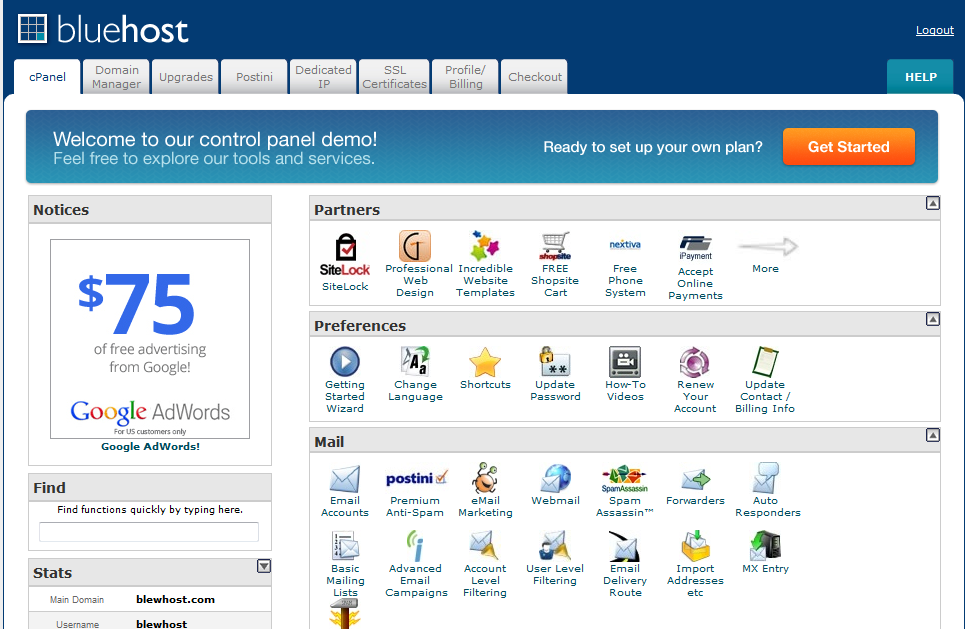
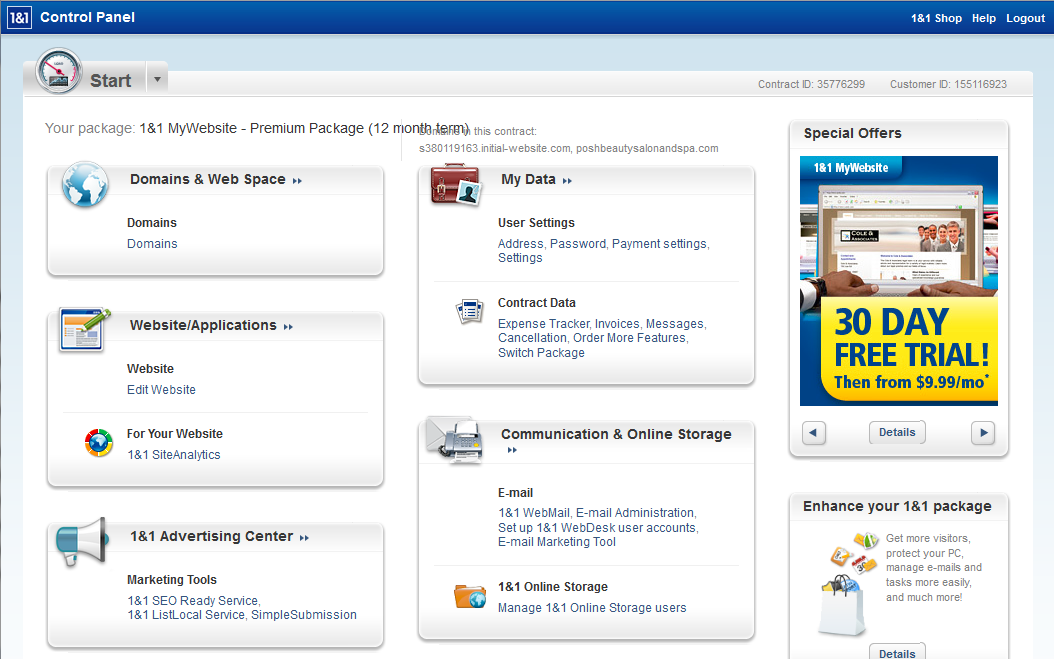
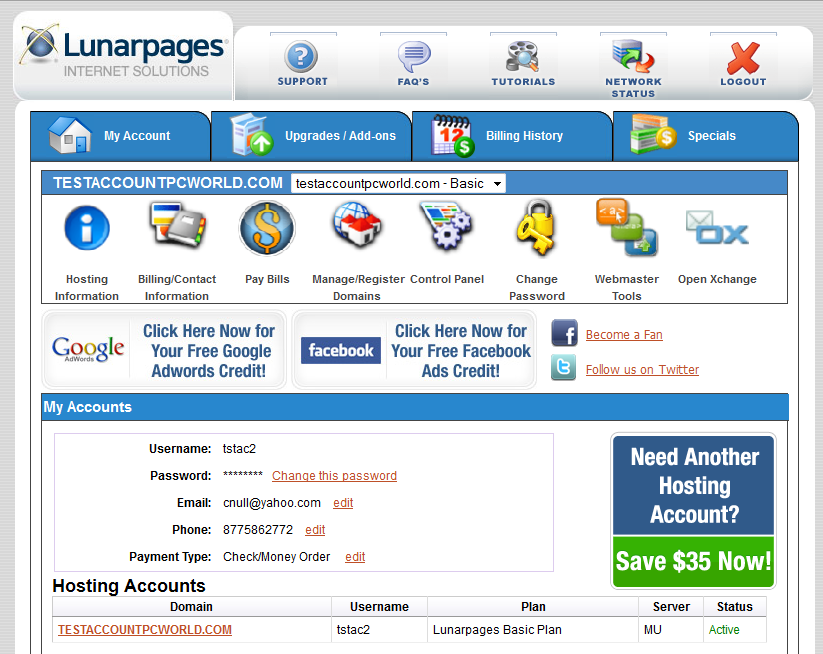
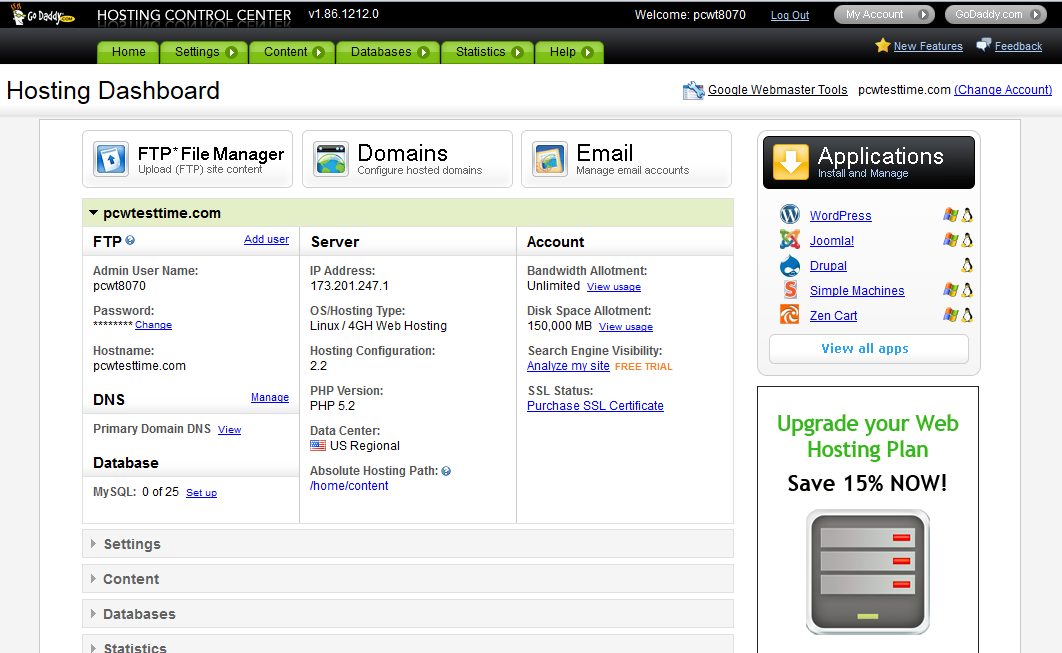
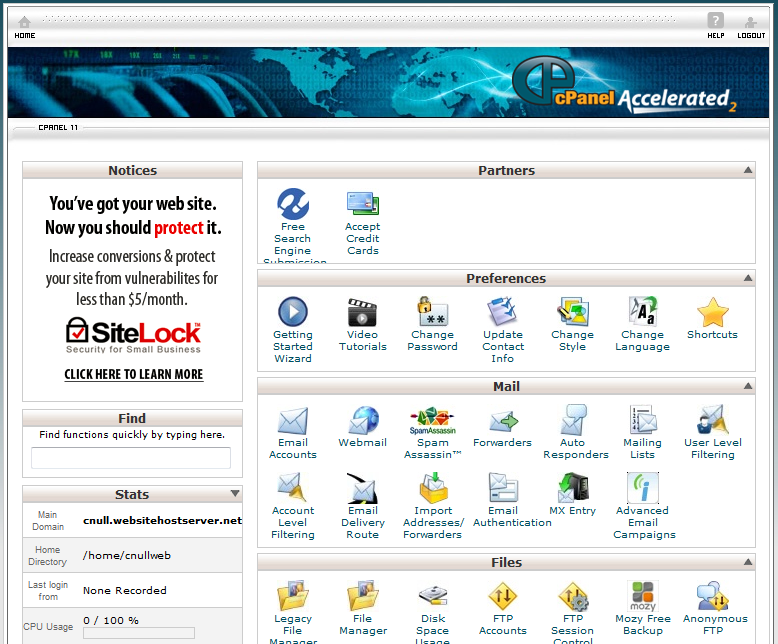

Bluehost - A Top Rated Web Host - Web Hosting Review
ReplyDeleteExclusive Discount: BlueHostAt $3.49/Mo
BlueHost Basic Plan Discount – $3.49/mo* for first contract
No coupon or promotion code needed – Just purchase via our promo link (see below) and you’ll get an
extra 55% discount from your first BlueHost bill.
BlueHostWEb Hosting Discount